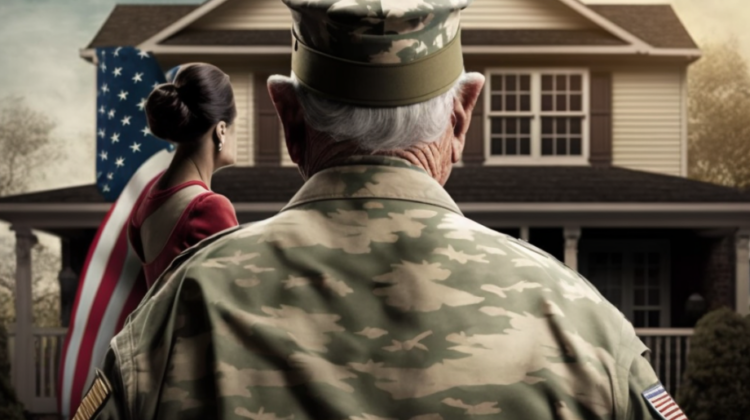
For many veterans, owning a home is a dream that can be achieved through a Veteran Home Loan. The Department of Veterans Affairs (VA) offers this program to help eligible service members, veterans, and their surviving spouses to purchase, refinance, or improve a home.
This article will explain how to qualify for a Veteran Home Loan.
Eligibility Requirements
To be eligible for a Veteran Home Loan, you must have served in the military, including the National Guard and Reserves, for a specific time. The minimum length of service varies depending on when you did it and the type of discharge you received. If you served during peacetime, a minimum service of 181 days is required; whereas, if you served during a war, a minimum service of 90 days is required.
Additionally, you must have received an honorable discharge. If you are the surviving spouse of a service member who died on active duty or as a result of a service-related disability, you may also qualify for a Veteran Home Loan.
Certificate of Eligibility
In order to seek a Veteran Home Loan, acquiring a Certificate of Eligibility (COE) from the VA is mandatory. This document shows that you meet the eligibility requirements for the program. You can apply for a COE online through the VA’s eBenefits portal or by mail using VA Form 26-1880.
Credit and Income Requirements
Veteran Home Loans require a credit check and income verification, like all loans. The VA has no minimum credit score requirement, but lenders may have their standards. A good credit score can help you get better interest rates and loan terms.
You must also have a stable income to qualify for a Veteran Home Loan. The VA does not set a specific income requirement, but lenders will look at your debt-to-income ratio (DTI). This is the percentage of your monthly income for paying your debts, including the mortgage. A DTI of 41% or lower is generally required to qualify for a VA loan.
Property Requirements
The property must meet specific requirements to use a Veteran Home Loan to purchase a home. To qualify for a Veteran Home Loan, the property must be your primary residence and must be in good condition. The VA requires a home inspection to ensure the property is safe, structurally sound, and meets all building codes.
Benefits of a Veteran Home Loan
One of the most significant benefits of a Veteran Home Loan is that it does not require a down payment. This can make it easier for veterans to purchase a home, mainly if they have limited savings. Additionally, VA loans often have lower interest rates than conventional loans, saving you money over the life of the loan.
A noteworthy advantage of obtaining a Veteran Home Loan is that it eliminates the need for private mortgage insurance (PMI). Typically, lenders mandate PMI for borrowers who have less than a 20% down payment. PMI payments can inflate your monthly mortgage bill by hundreds of dollars, so opting out of this additional cost can translate to substantial savings.
If you are a veteran or surviving spouse, a Veteran Home Loan can be an excellent option for purchasing, refinancing, or improving a home. To qualify, you must meet the eligibility requirements, obtain a Certificate of Eligibility, have good credit and income, and purchase a property that meets VA requirements. The benefits of a VA loan include no down payment, lower interest rates, and no PMI. If you want a Veteran Home Loan, talk to a lender specializing in VA loans to get started.